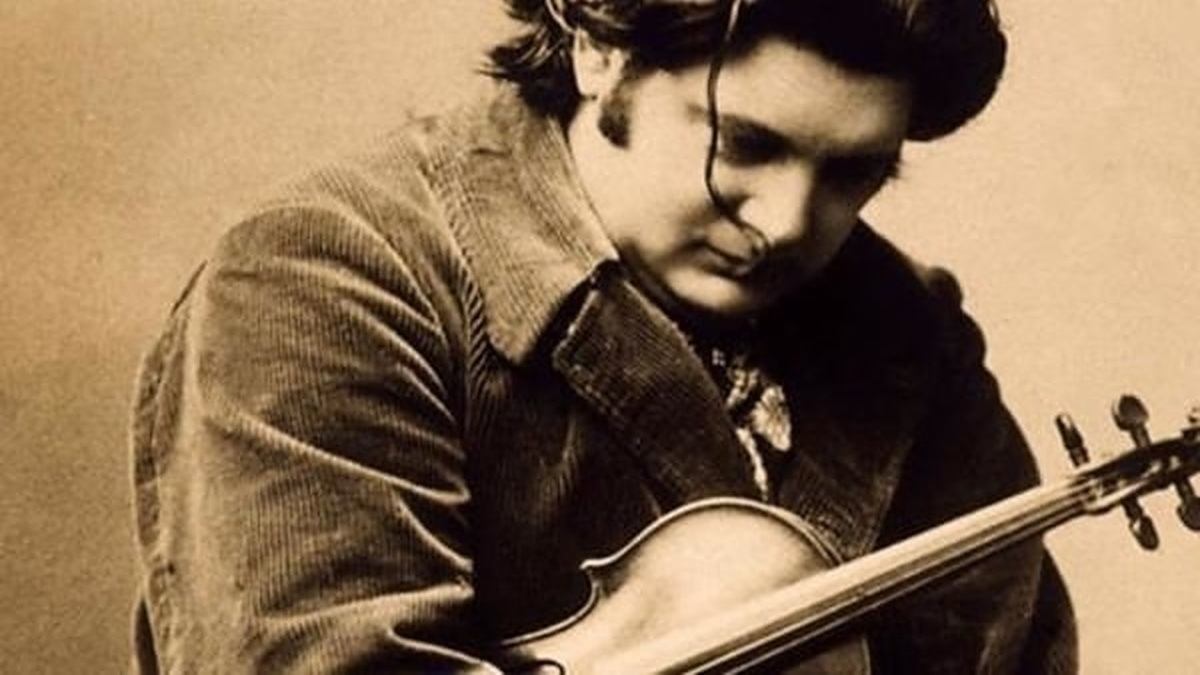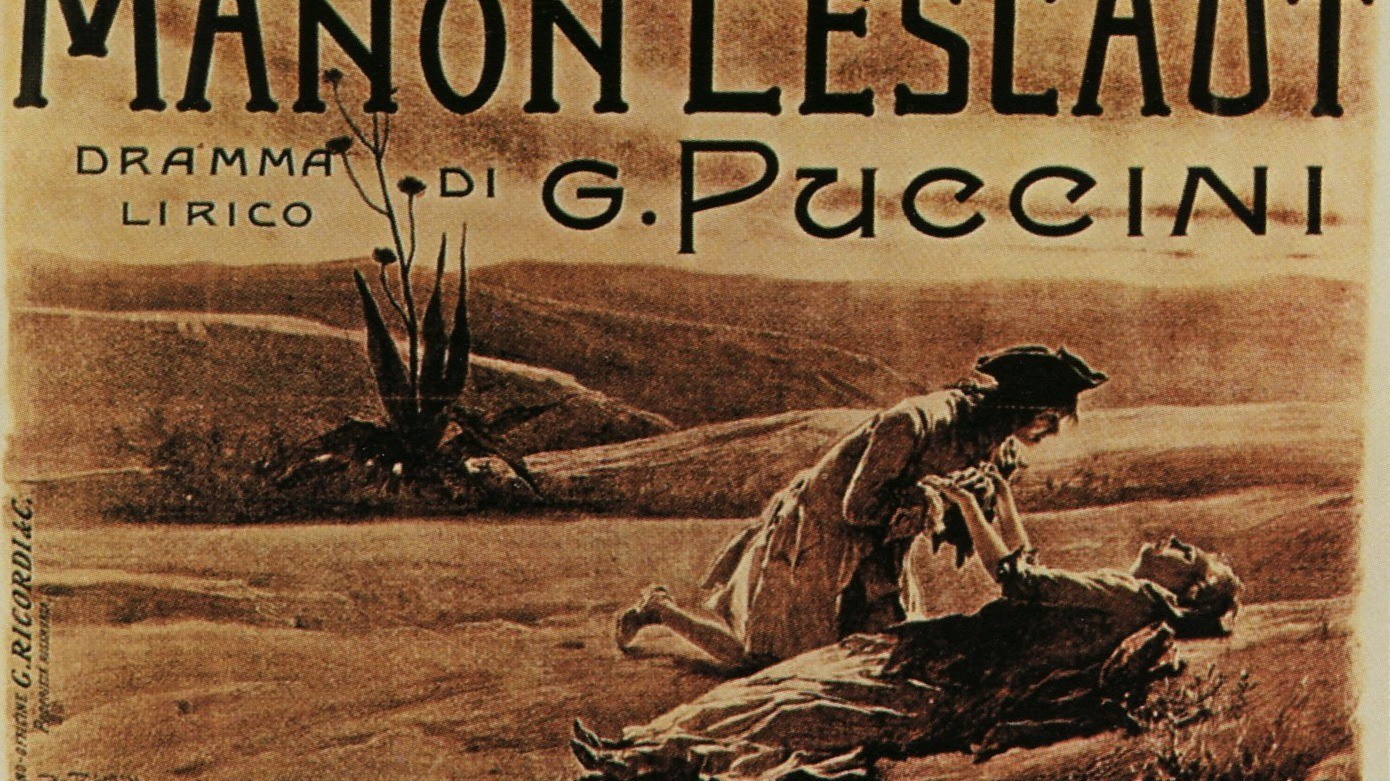Barber’s “Prayers of Kierkegaard”: A Meditation on Redemption
Samuel Barber’s Prayers of Kierkegaard is a single movement cantata based on texts by the Danish theologian, philosopher, and poet, Søren Kierkegaard (1813-1855). Completed in 1954, in response to a commission from the Koussevitzky Music Foundation, it is scored for chorus, large orchestra, soprano solo, and incidental tenor and alto solos. The piece unfolds in four sections, beginning with a mystical allusion to medieval Gregorian chant. The words evoke the suffering and redemption of Christ …







